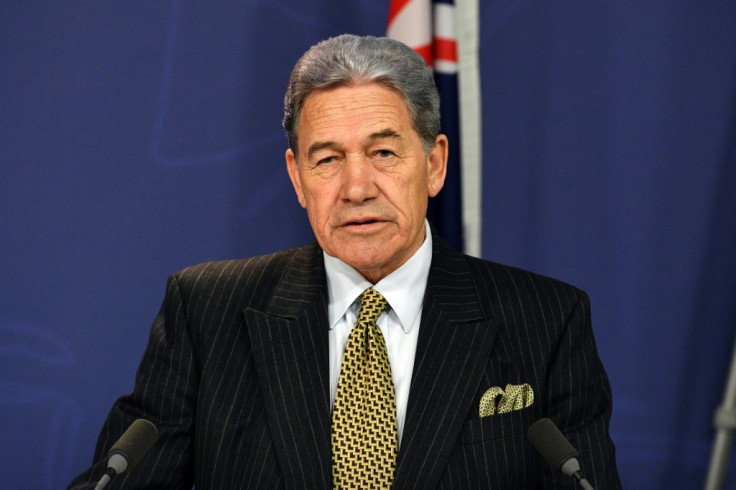New Zealand suspends extradition treaty with Hong Kong
Foreign Minister Winston Peters said "New Zealand can no longer trust that Hong Kong's criminal justice system is sufficiently independent from China".
New Zealand suspended its extradition treaty with Hong Kong on Tuesday in protest at a "deeply concerning" new security law China has imposed on the territory, joining its allies in sanctioning Beijing over the move.
Foreign Minister Winston Peters said the suspension, which risks the ire of Wellington's largest trading partner, was because "New Zealand can no longer trust that Hong Kong's criminal justice system is sufficiently independent from China".
He said New Zealand was also tightening restriction on military and dual-use exports to Hong Kong, as well as upgrading travel warnings to Kiwi citizens in the territory.
"China's passage of its new national security legislation has eroded rule-of-law principles, undermined the 'one country, two systems' framework that underpins Hong Kong's unique status, and gone against commitments China made to the international community," Peters said.

New Zealand's partners in the so-called "Five Eyes" intelligence alliance have taken similar action -- Canada, Britain and Australia have suspended extradition treaties and the United States has signalled it is preparing to do the same.
There was no immediate response from the Chinese embassy in Wellington, but it warned earlier this month that attempts to pressure Beijing on the security law would amount to "gross interference in China's internal affairs".
Critics have said the security law is an erosion of civil liberties and human rights in the financial hub, which has been semi-autonomous from China since its handover from Britain in 1997.
New Zealand's updated travel advice said the security law had led to an increased risk of arrest for activities such as protests, with the possibility of being removed to mainland China to face maximum penalties of life imprisonment.
Copyright AFP. All rights reserved.
This article is copyrighted by International Business Times, the business news leader



















